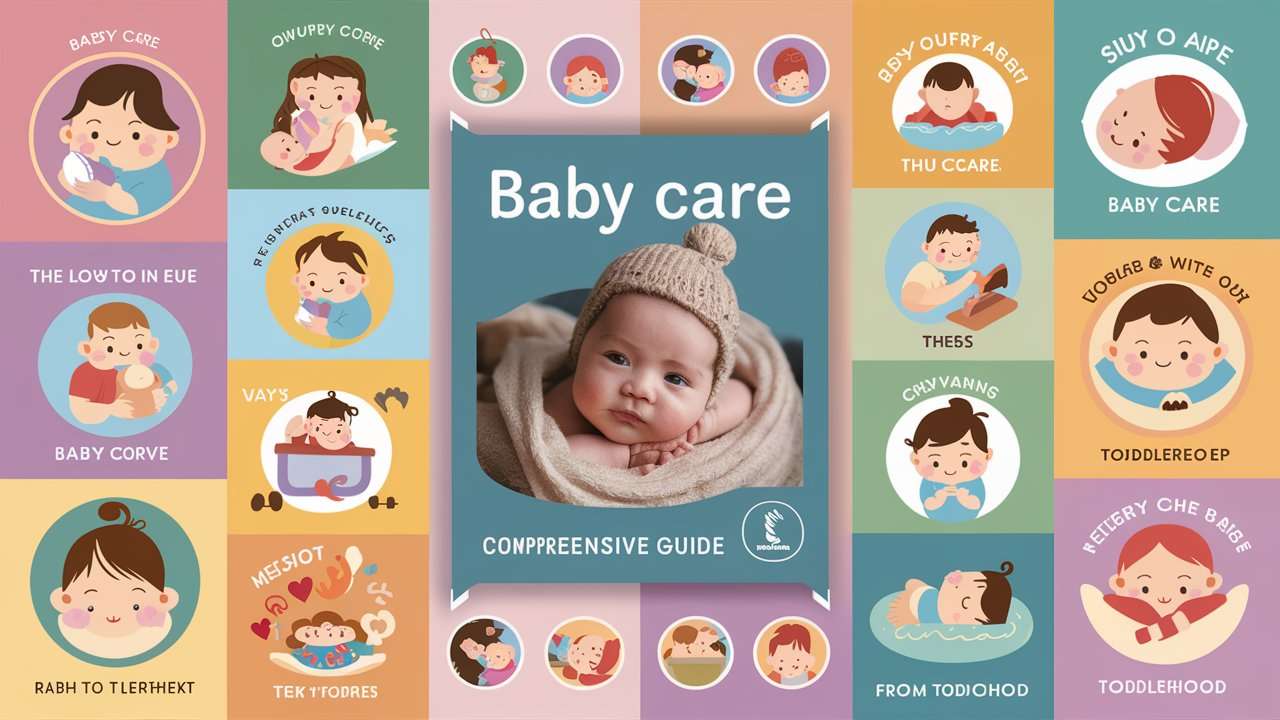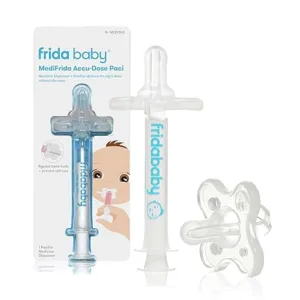The Importance of Vitamin D for Baby’s Health
Our priority as parents is to make sure our children are healthy and happy. The importance of vitamin D to a baby’s health is one of the many factors that is sometimes disregarded yet cannot be understated. In this post, we will go into why vitamin D is crucial for your baby’s growth, how to make sure they get enough of it, and the possible effects of a lack.
Table of Contents
What is Vitamin D?
Vitamin D, frequently alluded to as the “daylight nutrient,” is a fat-solvent nutrient that assumes an imperative role in different physical processes. It is fundamentally responsible for directing calcium and phosphorus ingestion, which is fundamental for solid bones and teeth.
Wellsprings of Vitamin D
Daylight
The sun is the essential, normal wellspring of vitamin D. At the point when the skin is exposed to daylight, it blends vitamin D. Nonetheless, factors like geological area, season, season of day, and sunscreen use can influence this interaction.
Food Sources
While few food varieties normally contain vitamin D, some are braced with it, like sustained milk, squeezed oranges, and cereals. Greasy fish like salmon, fish, and mackerel, as well as egg yolks, are additionally wellsprings of vitamin D.

Vitamin D Deficiency in Babies
Regardless of its significance, vitamin D inadequacy is predominant, especially among babies. The absence of openness to daylight, deficient dietary admission, and certain ailments can add to inadequacy. Side effects might include postponed development, peevishness, muscle shortcoming, and, in serious cases, rickets—a condition portrayed by delicate and powerless bones.
Medical Advantages of Vitamin D for Infants
Bone Wellbeing
Satisfactory vitamin D is pivotal for the advancement of solid and sound bones in children. It works with the assimilation of calcium and phosphorus, fundamental minerals for bone mineralization.
Insusceptible Framework Backing
Vitamin D plays a part in supporting the resistant framework and assisting the body with fending off contaminations and sicknesses. Children with adequate vitamin D levels might have a lower hazard of respiratory contaminations and other normal youth illnesses.
Mental health
Rising research proposes that vitamin D may likewise play a part in mental turns of events. Satisfactory degrees of vitamin D at the outset might uphold ideal mental development and capability.
What amount of vitamin D do infants need?
The American Foundation of Pediatrics (AAP) suggests that all newborn children, including breastfed infants, get an everyday enhancement of 400 IU (worldwide units) of vitamin D from birth until they are eating a satisfactory measure of food.

How to Ensure Adequate Vitamin D Intake
Sun Openness Rules
While daylight is a characteristic wellspring of vitamin D, it’s fundamental to offset sun openness with the risk of skin harm from UV radiation. Pediatricians prescribe presenting newborn children to daylight for brief periods, staying away from top UV hours, and utilizing defensive dress and caps.
Vitamin D Enhancements
Notwithstanding daylight and dietary sources, vitamin D enhancements are regularly suggested for newborn children, particularly those who are only breastfed or have restricted sun exposure. These enhancements are accessible in fluid structure and ought to be regulated as coordinated by a medical care supplier.

Risks of Vitamin D Deficiency
Without sufficient vitamin D, infants are in danger of creating unexpected issues, including rickets, postponed development and improvement, and expanded powerlessness to contaminations.
Ways to Help Vitamin D Levels in Children
An Eating regimen
Bringing vitamin D-rich food sources into your child’s eating regimen, like strengthened cereals, eggs, and pureed salmon, can assist with guaranteeing they meet their day-to-day necessities.
Safe Sun Openness
At the point when weather conditions permit, putting in no time flat outside with your child can assist with advancing the vitamin D combination. Be that as it may, consistently focus on sun security and stay away from delayed openness, particularly during peak sun hours.

Consulting with Healthcare Providers
Assuming you have worries about your child’s vitamin D status or are thinking about supplementation, it’s fundamental to talk with your pediatrician or medical care supplier. They can survey your child’s unique requirements and give customized suggestions.
End
Vitamin D plays a crucial role in supporting the well-being and improvement of children. From advancing solid bones and a powerful resistant framework to helping with mental health, sufficient vitamin D admission is fundamental. By grasping the significance of vitamin D, guaranteeing legitimate supplementation, and keeping sun openness rules, guardians can assist with giving their little ones the best beginning throughout everyday life.
FAQs
What are the indications of a lack of vitamin D in children?
Signs might incorporate deferred development, muscle shortcoming, touchiness, and, in serious cases, rickets.
Could children get sufficient vitamin D from breast milk?
While breast milk is beneficial for infants, it normally doesn’t provide sufficient vitamin D. Supplementation is frequently suggested.
How much daylight does a child require for vitamin D?
Pediatricians prescribe brief openness to daylight, keeping away from top UV hours, and utilizing defensive apparel.
Are there any dangers related to giving vitamin D enhancements to children?
When controlled and coordinated, vitamin D enhancements are, for the most part, okay for newborn children. Nonetheless, it’s pivotal to observe measurement rules given by medical services experts.
At what age would it be advisable for me to begin giving my child vitamin D enhancements?
The American Foundation of Pediatrics suggests beginning vitamin D supplementation upon entering the world, paying little heed to taking care of strategy.
Share this content:














Post Comment